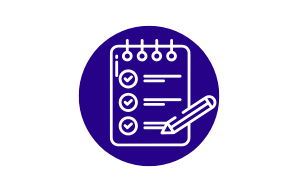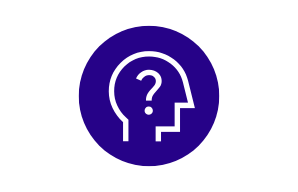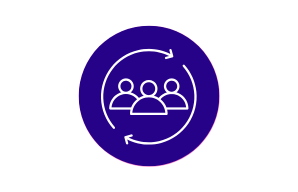UMH 2025 Hackathon: Neurospark
18 November 2025
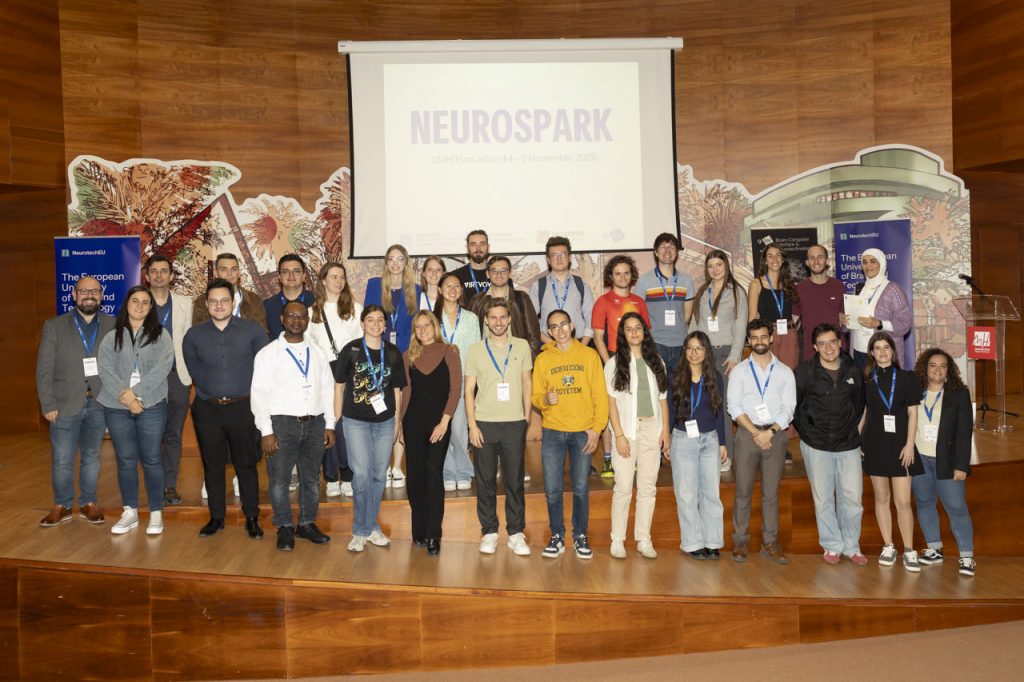
Dozens of students from various European universities gathered at the Miguel Hernández University of Elche (UMH) to face an intensive 24-hour challenge focused on Brain-Machine Interfaces (BMI) at Neurospark, NeurotechEU’s annual hackathon. The different teams, made up of multidisciplinary profiles, demonstrated an exceptional level when developing proposals that promise to boost the field of neurotechnology. Finally, the project “Brain-Unrotting: From passive scrolling to active control” took the victory. With over 30 students, Neurospark served as the setting for an intense and creative marathon of ideas, an event that brought together students, professionals, and technology enthusiasts with a common goal: to devise innovative solutions in record time.
A hackathon is a session—in this case, 24 hours—where multidisciplinary teams work collaboratively to develop prototypes, applications, tools, or projects that respond to a stated challenge. Beyond just programming, a hackathon combines creativity, strategy, design, and a great deal of teamwork. During this edition, participants had to develop a solution to a real, everyday problem from scratch. Beyond the technological results, the hackathon highlighted the collaborative spirit of the NeurotechEU community and the emerging talent of its participants.
The result was a notable variety of projects, reflecting both the diversity of profiles present and the breadth of the challenges addressed. Among the initiatives developed, the three winners stand out:
- Firstly, “Brain-Unrotting: From passive scrolling to active control”.
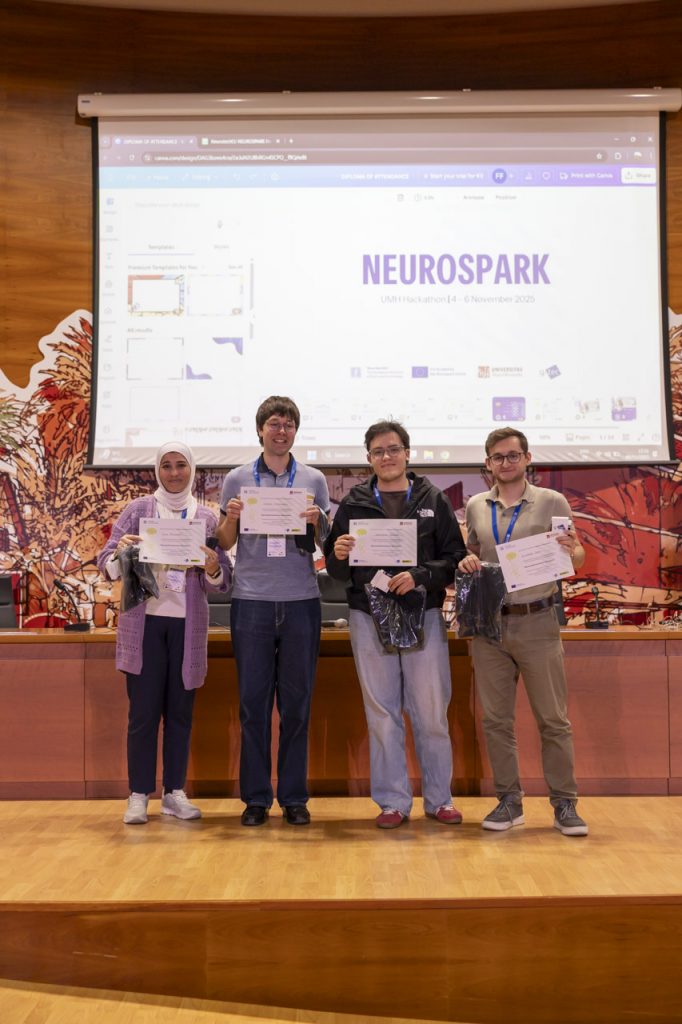 With the aim of preventing the misuse of mobile phones and the cognitive wear that this can cause, the winning team classified brain activity into three states: relaxation, when the person is not making any cognitive effort; activation, when the person is performing a cognitive activity that requires some concentration and cognitive demand; and brain-rotting, when the brain neither rests nor performs a demanding task.
With the aim of preventing the misuse of mobile phones and the cognitive wear that this can cause, the winning team classified brain activity into three states: relaxation, when the person is not making any cognitive effort; activation, when the person is performing a cognitive activity that requires some concentration and cognitive demand; and brain-rotting, when the brain neither rests nor performs a demanding task.
The brain usually enters brain-rotting mode when we scroll uncontrollably on mobile applications. Therefore, to promote a better use of mobile phones and apps, Brain-Unrotting proposes an alert system for the user, so they become aware of their real-time brain activity and can decide whether to continue scrolling or stop.
- Secondly, “Healing Unicorn: Real-time EEG-based emotional regulation for safer psychotherapy”.
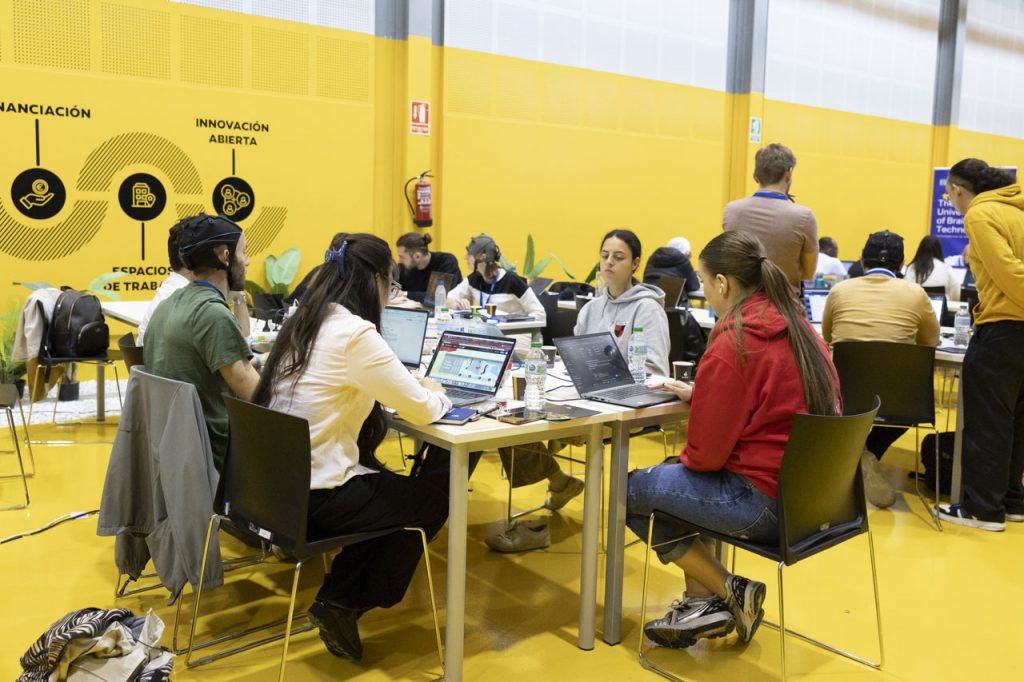 The second winning team, Healing Unicorn, is a proposal for implementation in psychological therapy sessions. In this case, Healing Unicorn’s functionality has a dual objective: for the therapist, by measuring brain signals before and after a question, to know how the patient is receiving the therapy and thus be able to adapt the sessions; and for the session room to be able to adapt based on the patient’s emotions, regulating lights or temperature to aid in their emotional regulation.
The second winning team, Healing Unicorn, is a proposal for implementation in psychological therapy sessions. In this case, Healing Unicorn’s functionality has a dual objective: for the therapist, by measuring brain signals before and after a question, to know how the patient is receiving the therapy and thus be able to adapt the sessions; and for the session room to be able to adapt based on the patient’s emotions, regulating lights or temperature to aid in their emotional regulation.
- Thirdly, “Neurotech Grand Prix Spain 2025: Neuro vs Tech Racing Video Game using MOTOR IMAGERY”.
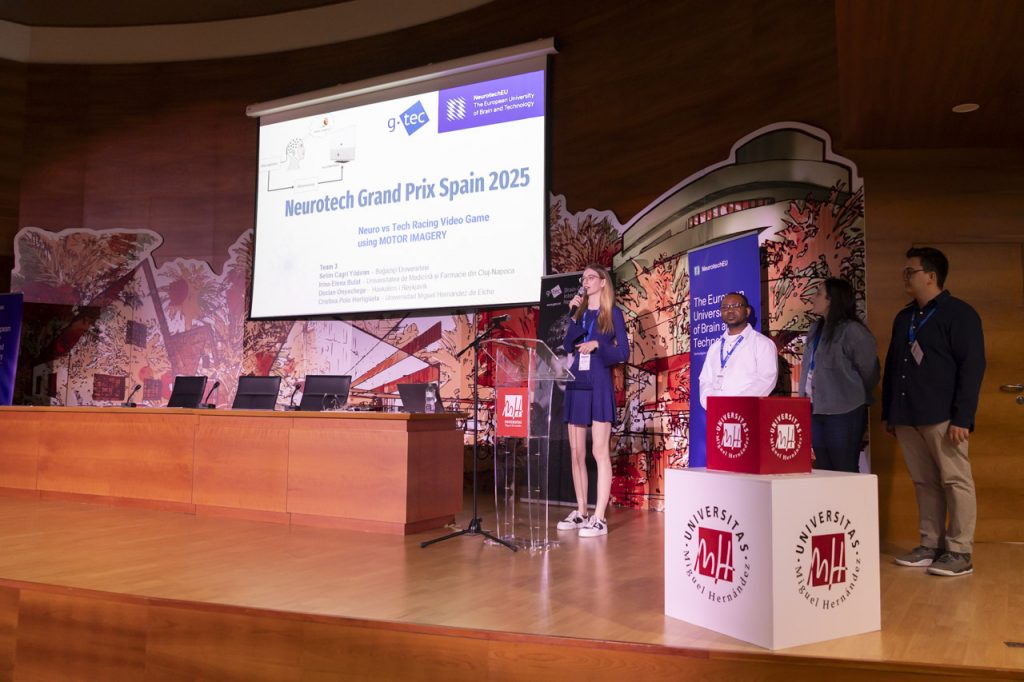 Finally, the third-place team created a neurorehabilitation tool for patients who have suffered a stroke. This tool, in a video game format, seeks to improve motor cortex connectivity to favour neuronal plasticity and thus mitigate the long-term consequences of the stroke suffered.
Finally, the third-place team created a neurorehabilitation tool for patients who have suffered a stroke. This tool, in a video game format, seeks to improve motor cortex connectivity to favour neuronal plasticity and thus mitigate the long-term consequences of the stroke suffered.
The European University of Brain and Technology – NeurotechEU organises a hackathon annually. This year, named Neurospark, the hackathon was organised by the students representing the Miguel Hernández University of Elche (UMH) in the NeurotechEU Student Council with the collaboration of the Spanish delegation of the company G.tec medical engineering. Furthermore, the organisation was supported by Vicente Quiles, Jesica Martínez, and Sandra Manzanero. Through initiatives like this, NeurotechEU seeks to offer and become a space where one can experiment, learn, and demonstrate that when creativity is combined with technology, ideas emerge that, when carried out, can transform realities.
